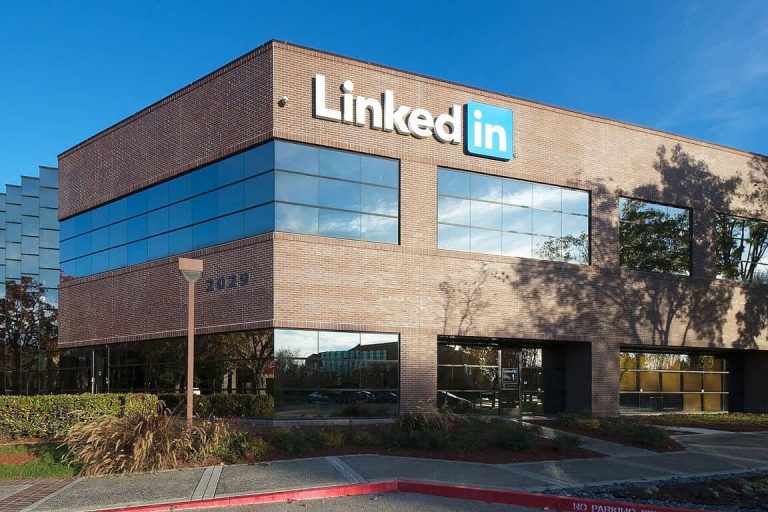Since Microsoft’s purchase of LinkedIn was announced a little over a week ago, there has been a great deal of focus on how the two companies stand to benefit from the merger. Microsoft gains access to the data in LinkedIn’s vast social graph of professionals, and the LinkedIn professional network can become the social fabric of Microsoft’s cloud-based productivity software used by companies of all sizes around the world.
But now that a little time has passed since the announcement, more critical eyes have been able to bring into focus parts of the picture which might be troubled post-merger. Alyssa Abkowitz of the Wall Street Journal notes that LinkedIn’s growth in China might be complicated by a merger with Microsoft.
The root of the problem is what’s known as China’s Great Firewall, which is the authoritarian government’s means of restricting internet traffic in order to censor news and information deemed undesirable by China’s Communist Party. And as Abkowitz points out in her WSJ article, the very nature of China’s authoritarian regime has required technology companies to either do business differently when they enter China or most likely end up not doing any business at all. She writes:
Alphabet Inc.’s Google pulled out in 2010 after declining to censor results on its search engine. Facebook Inc. and Twitter Inc. are blocked.
But within China, LinkedIn has decided to follow censorship rules and regulations, and the decision has paid off. The professional network has increased its Chinese user base by five times since launching in 2014, reaching a total of 20 million users.
Microsoft purchasing LinkedIn might complicate their ability to operate in China. As we’ve covered here at WinBeta (soon to be OnMSFT), Microsoft has recently been the focus of China’s State Administration for Industry and Commerce probes and raids since the communist party created a new set of anti-monopoly laws in 2008.
Now that LinkedIn is joining with a company that is less favorable with the Communist Party, the new arm of Microsoft could be subject to more scrutiny and regulations, which in turn give advantages to local competitors. Abkowitz also notes:
Microsoft’s deal for LinkedIn comes as the Chinese government cracks down on content provided by foreign companies that have expanded in China during the past few years, such as Apple Inc. and Walt Disney Co. China wants to prop up its own homegrown technology outfits, a move that has already hurt companies like Microsoft.
Microsoft has said that it will operate LinkedIn as a separate entity:
A Microsoft spokesman reiterated what the company said in its statement announcing the LinkedIn acquisition: “LinkedIn will retain its distinct brand, culture and independence,” in all geographies, including China.
It remains to be seen how the merger will affect the growth rate of LinkedIn’s professional network. And while Microsoft has had successes in China as well, both with the Government and with local firms, there has certainly been recent negative trends towards international technology firms trying to do business in China.


